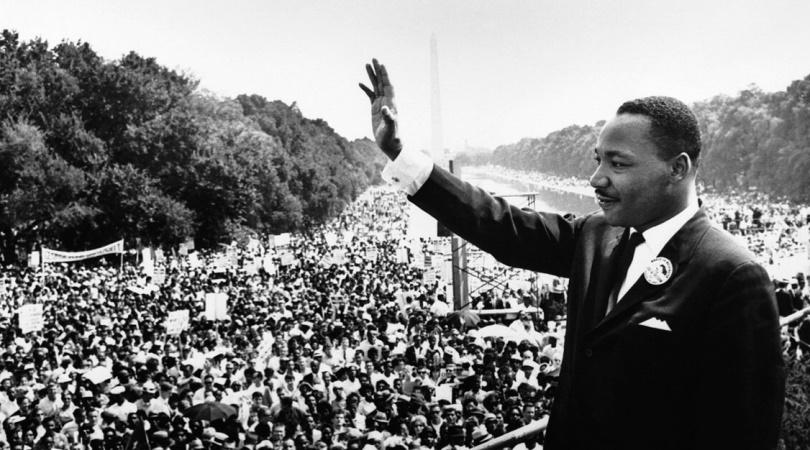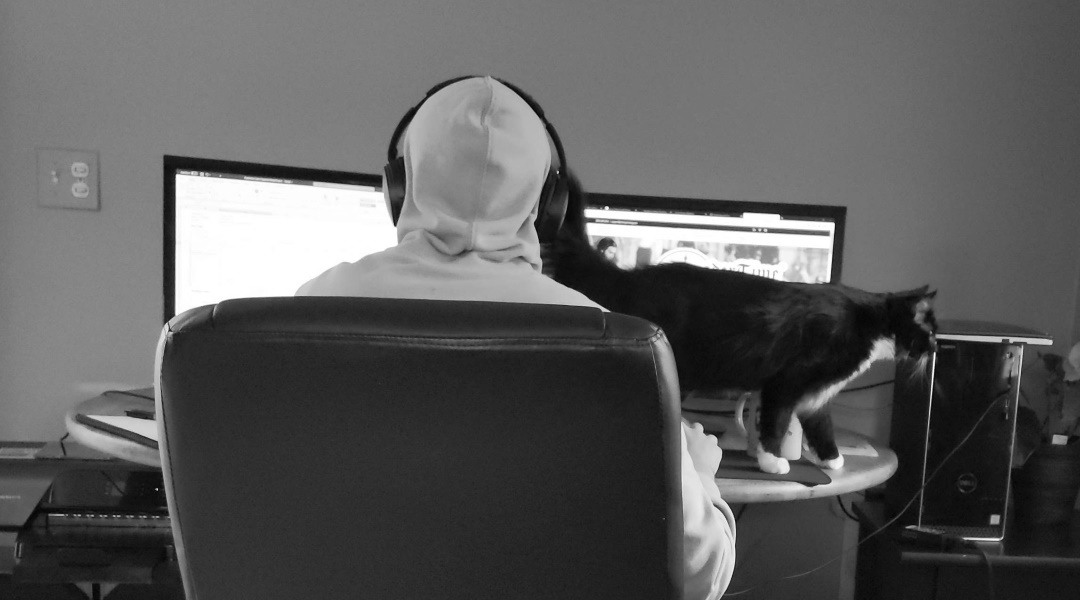7 Techniques to Combat the Noonday Devil
Around the year 300 A.D., Christian hermits, monks, ascetics and other holy men and women flocked to the Egyptian deserts in droves. There, under the hot North African sun, many of these individuals frequently experienced what they called “the noonday devil.”
This “noonday devil” took the form of a general sluggishness or despair that tempted these ascetics to abandon their duties. Usually experienced between the hours of 10 a.m. and 2 p.m., when the desert heat was most punishing, the symptoms included a lack of focus, sloppiness, restlessness, idleness and even a temptation to leave their chosen life of prayer for a less demanding life.
The problem was so common that two such desert-dwellers, Evagrius of Pontus and John Cassian, wrote their own “how to” manuals with suggestions for working through the temptations.
When these temptations strike, here are seven practical tips to combat your own noonday devil and stay focused on your responsibilities.
1. Name it
When we name something, we regain a kind of power over it. Naming clarifies and frames a thing by establishing boundaries around what it is (and isn’t).
Having named the temptation and identified its symptoms, you can focus your efforts on fighting it.
2. Measure
Most of us have plans, but we rarely measure their effectiveness. Evagrius suggests that we, “set a measure in every work and do not let up until you have completed it.” Don’t just block time, set yourself critical goals to achieve at key points during the day. Review your successes and slips. Hold yourself accountable.
3. Stand
Many 4th century monks did their prayers while standing with uplifted hands. Your office mates could probably do without hearing you chant or waving your arms about, but if your company permits it, get a stand-up desk option.
Such notables as Benjamin Franklin, Ernest Hemingway and Winston Churchill worked from standing desks because they recognized, in part, that a leisurely position provided an opening for the noonday devil.
4. Walk
Not all monks confine themselves to a cave or a cell. John Cassian traveled widely, from his birthplace in modern-day Romania to Palestine to the Egyptian deserts to Alexandria to Constantinople to Rome to Southern France. As he knew, it’s good for body and soul to get up and move around.
The surest way to clear your head is to go for a walk. Brisk movement gets our blood circulating — including to our brain — and psychologists have documented a firm connection between thinking and moving.
5. Moderate
For the religious, fasting is a means for maintaining concentration and discipline. For those of us in the workaday world, the paradox of limiting our food intake is that we often end up with more energy, greater confidence, higher concentration and more productivity. Try not to snack or lunch at your desk, and avoid large midday meals.
6. Engage
The desert ascetics were not a talkative group but they did recognize the importance of balance in their day. Try to schedule your phone calls or some more active kind of task right after lunch, requiring you to interact with others. It’s often the case that a small dose of necessary and productive conversation provides a shot of energy to push us through that sluggish slump.
7. Read
The desert fathers turned to sacred scripture for encouragement in the face of difficulties. Maybe you have a sacred book to turn to? Perhaps a self-help series or reference book to help you learn something new? Pick your source of inspiration, and keep it handy to those situations in which you know you’ll be tempted.
Remember, it’s a “noonday” not an “all day” devil. When the sun sets, you’ll find satisfaction in having worked through the temptation to stay on task and get things done.




